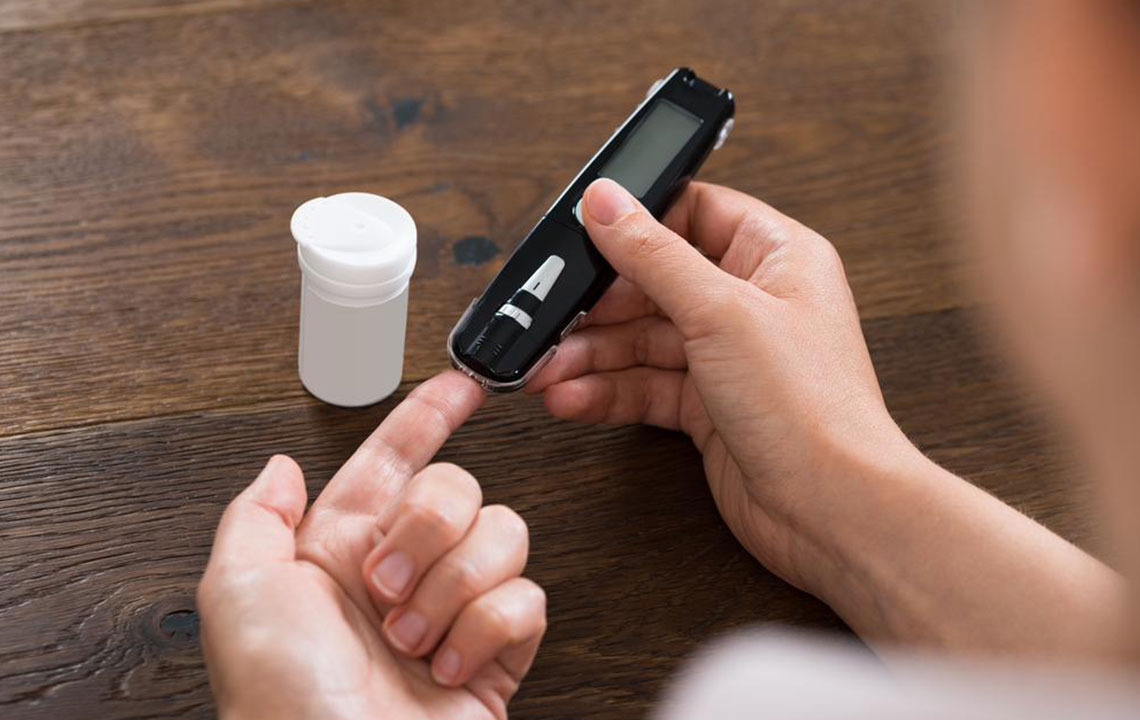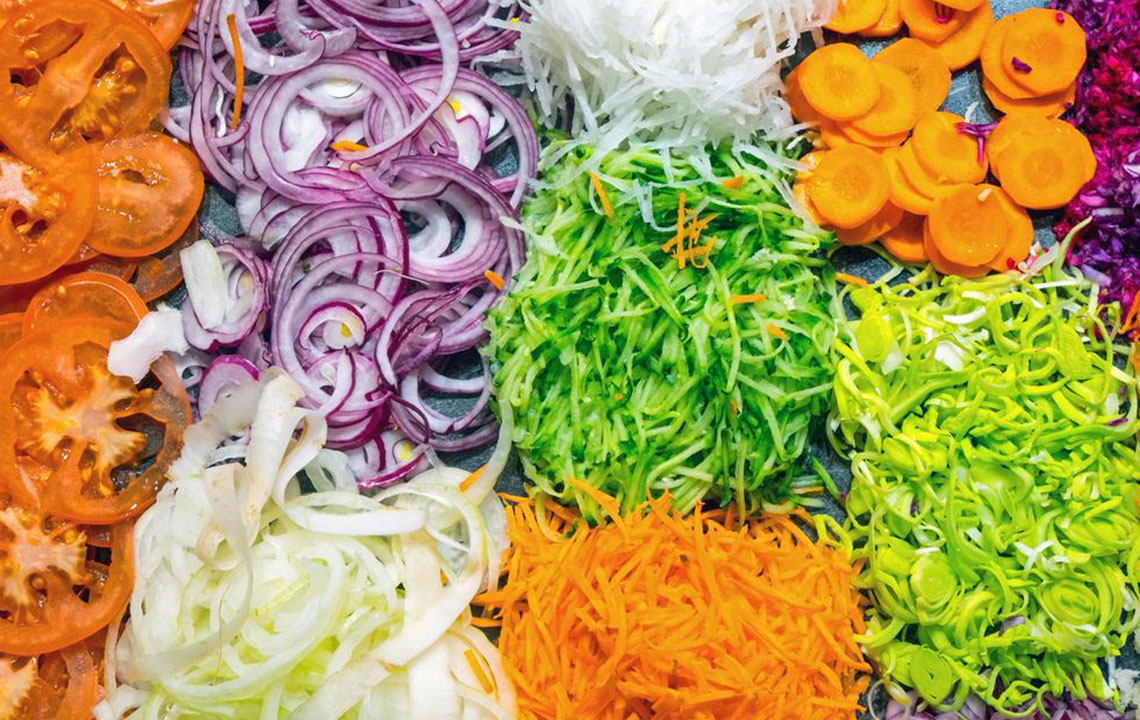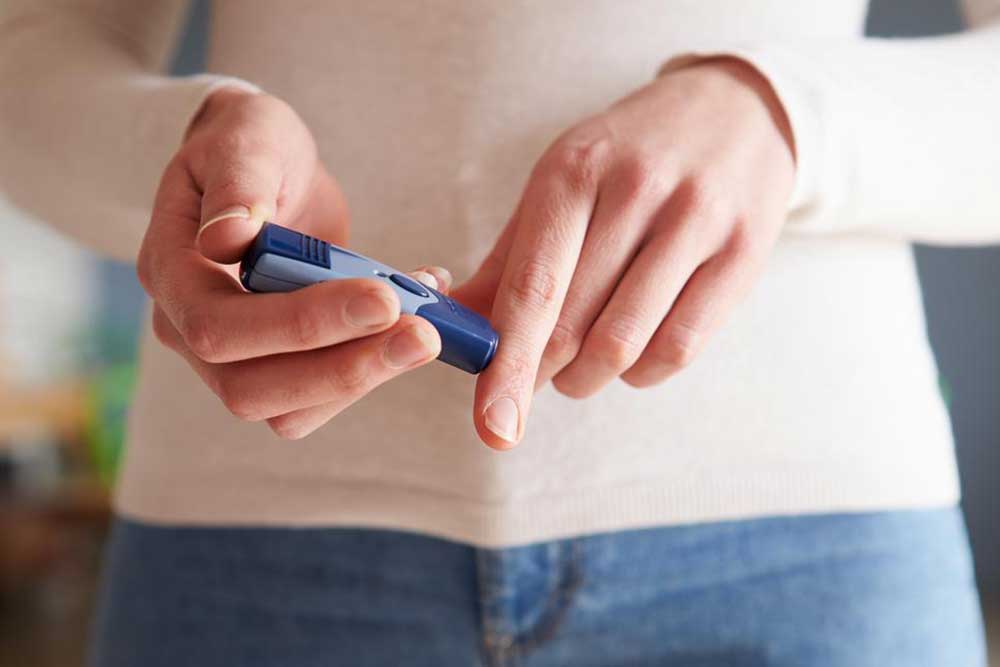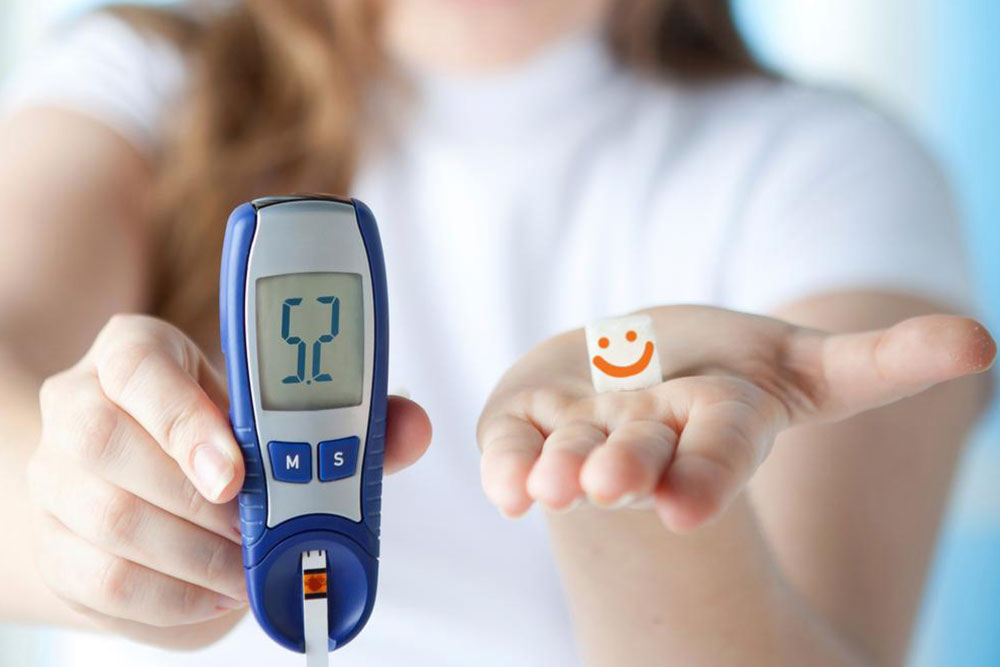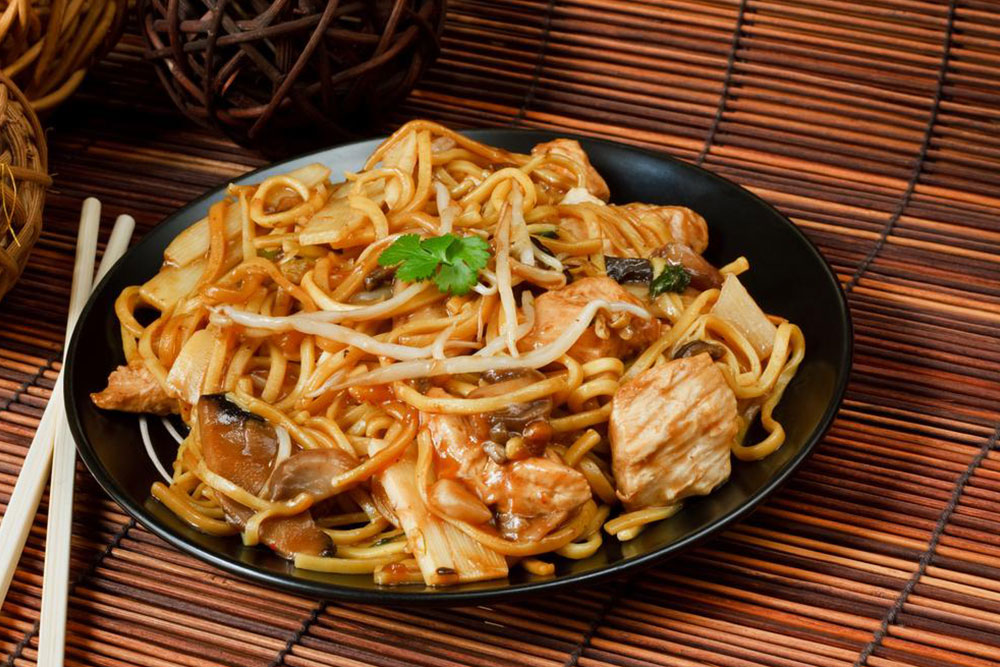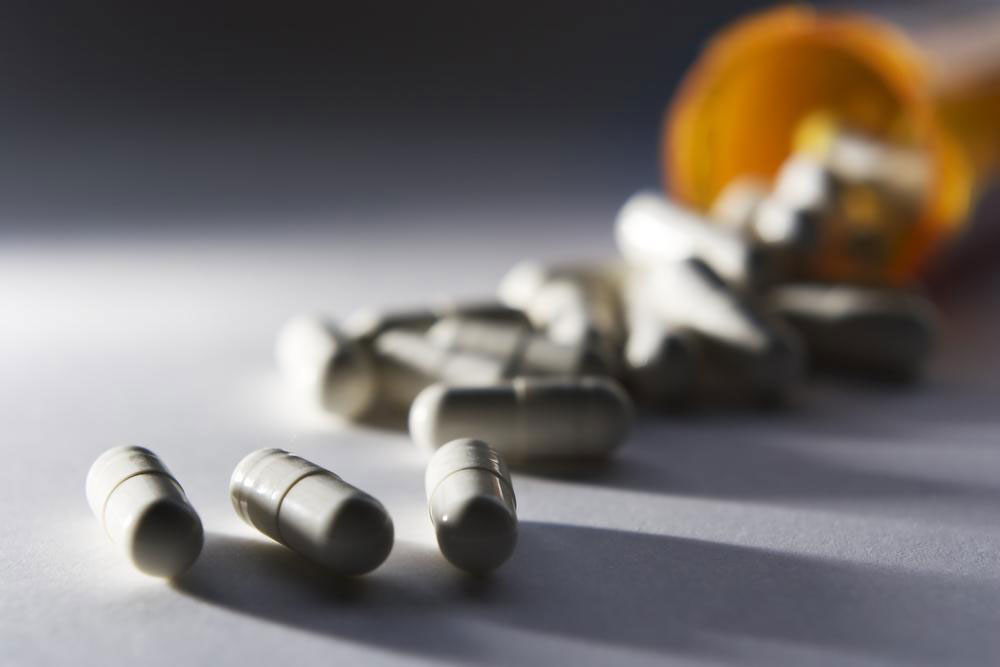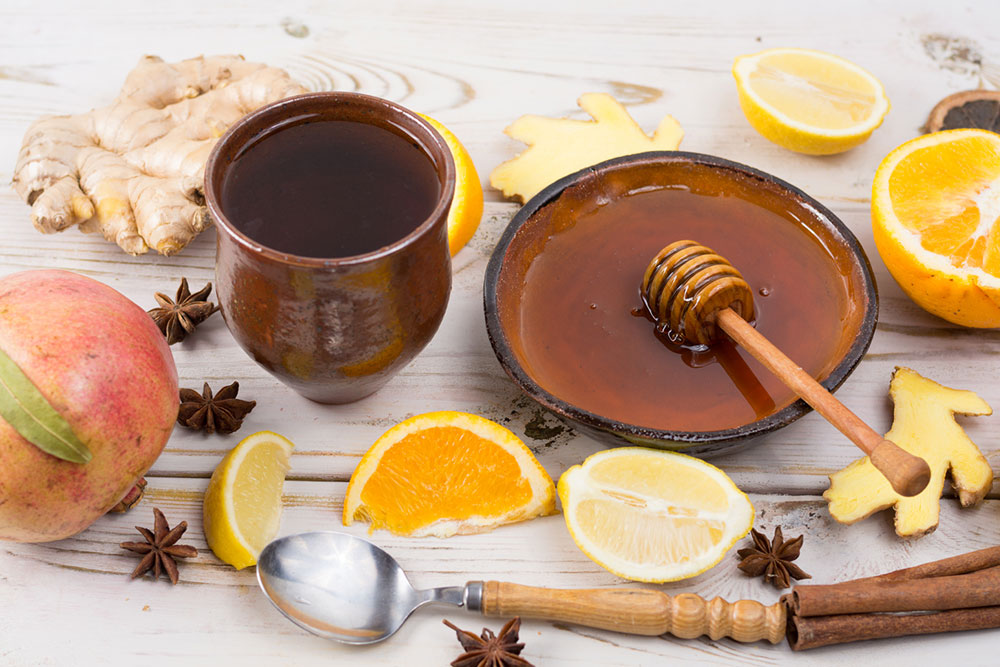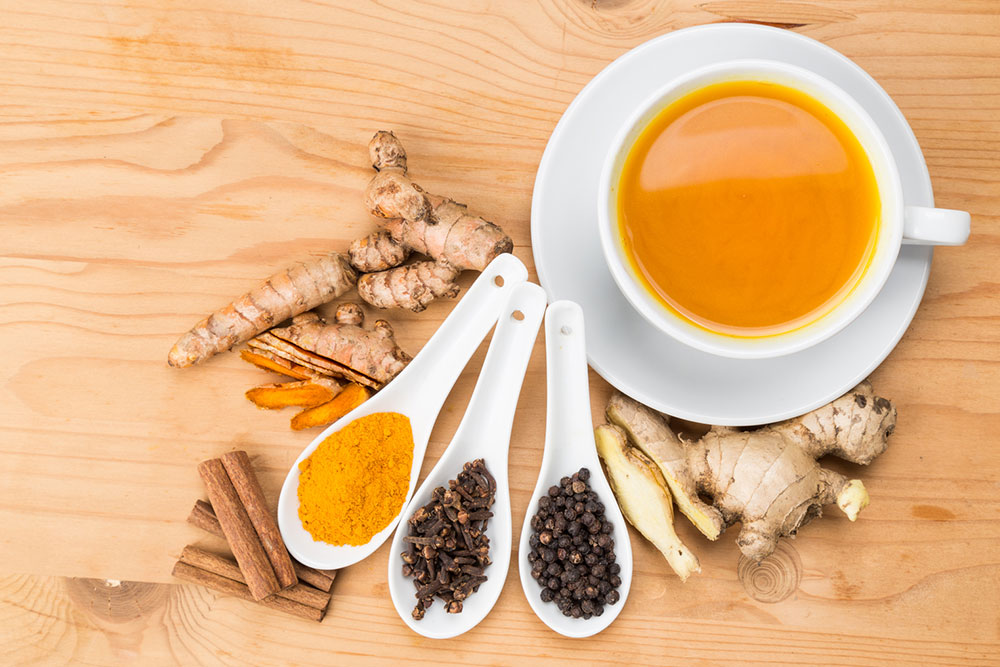Effective Natural Strategies to Manage Blood Sugar Levels
Discover natural and effective methods to regulate blood sugar levels through lifestyle changes such as regular exercise, dietary adjustments, stress management, and proper hydration. These strategies support healthy blood glucose control and overall well-being, especially for those with diabetes or at risk. Regular monitoring and nutrient intake are also emphasized for optimal results.
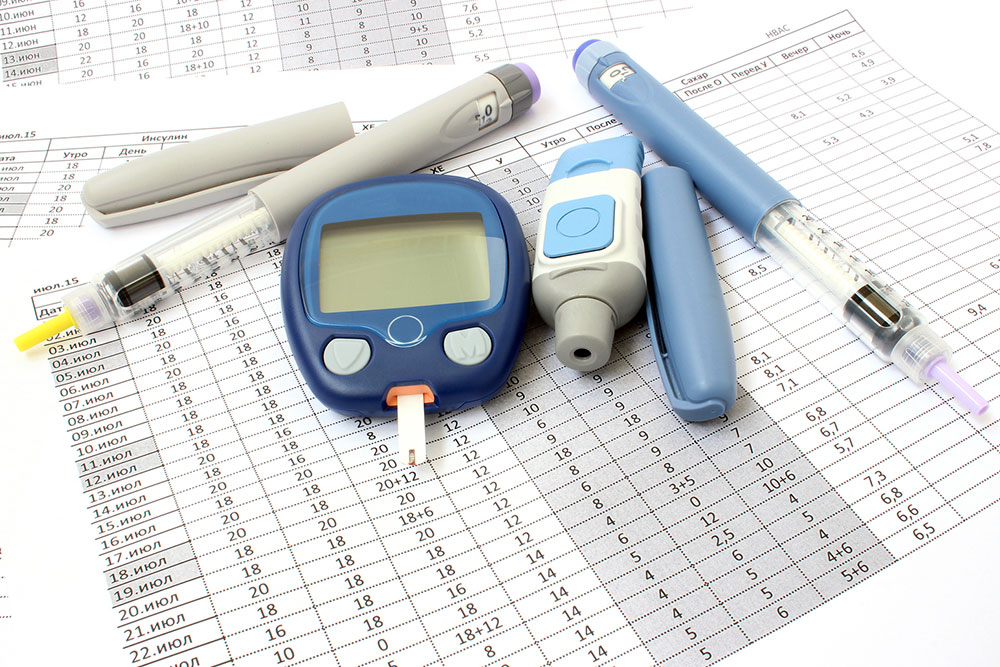
Effective Natural Strategies to Manage Blood Sugar Levels
Maintaining balanced blood sugar is crucial for overall health, especially when the body struggles to move glucose from the bloodstream into cells. Adopting lifestyle modifications can significantly help in controlling blood sugar naturally. Here are some proven methods to achieve better blood glucose regulation.
Consistent Physical Activity
Engaging in regular exercise aids both in weight management and enhancing insulin sensitivity. Improved insulin responsiveness allows your body to utilize glucose more effectively, helping to keep blood sugar levels in check. Physical activities like brisk walking, cycling, swimming, weight training, and hiking can be beneficial.
Muscle activity during exercise enhances glucose uptake, reducing blood sugar. Regularly monitoring your levels helps identify what activities work best. Tailor your workout routines to your needs for optimal results.
Reduce Carbohydrate Intake
Excessive carb consumption hampers insulin's ability to transport glucose into cells, leading to elevated blood sugar. Managing portion sizes and planning meals can help control carbohydrate intake effectively.
Increase Dietary Fiber, Especially Soluble Fiber
Fiber slows down carbohydrate digestion and sugar absorption, resulting in more gradual blood sugar rises. High-fiber foods such as vegetables, legumes, fruits, and whole grains are especially helpful, with soluble fiber being particularly effective for type 1 diabetes management.
Stay Well-Hydrated
Drinking adequate water aids the kidneys in flushing out excess glucose through urine and helps prevent dehydration. Choose calorie-free beverages and avoid sugary drinks for better blood sugar control.
Practice Portion Control
Limiting food portions can help regulate calorie intake, promote weight loss, and improve blood sugar levels. Use smaller plates, avoid fast food, and read food labels to manage intake effectively.
Choose Low-Glycemic Foods
Foods with a low glycemic index cause smaller spikes in blood sugar levels. Incorporate options like lean meats, seafood, eggs, barley, oats, beans, sweet potatoes, and non-starchy vegetables to maintain stable glucose levels.
Manage Stress Effectively
High stress levels trigger hormones like cortisol and glucagon that raise blood sugar. Relaxation techniques, exercise, yoga, and medication can help reduce stress and support healthier blood glucose levels.
Regular Blood Sugar Monitoring
Tracking blood glucose regularly provides insights into how diet, exercise, and medications affect your levels. Keeping a log assists in making timely adjustments for better control.
Ensure Adequate Sleep
Sufficient quality sleep is vital for hormonal balance and insulin sensitivity. Poor sleep can increase appetite and cause blood sugar fluctuations. Aim for restful sleep to support overall health.
Supplement with Chromium and Magnesium
Deficiencies in these micronutrients can elevate blood sugar. Include foods like nuts, whole grains, leafy greens, and seafood, which are rich in these minerals, to help optimize glucose metabolism.
Cinnamon Extract
Cinnamon may improve insulin sensitivity and slow carbohydrate breakdown, reducing post-meal blood sugar spikes. Incorporating cinnamon into your diet could be a natural aid in managing glucose levels.

